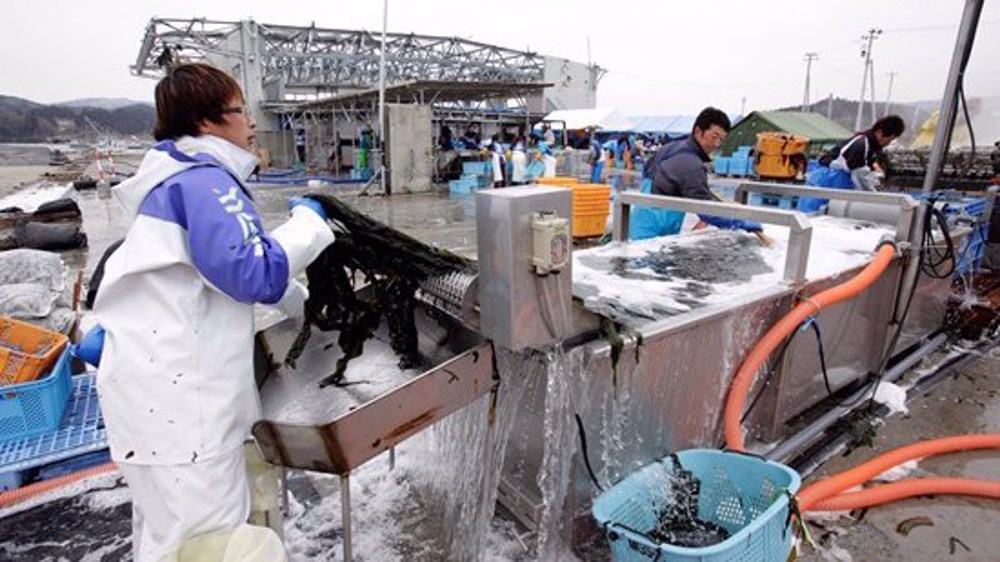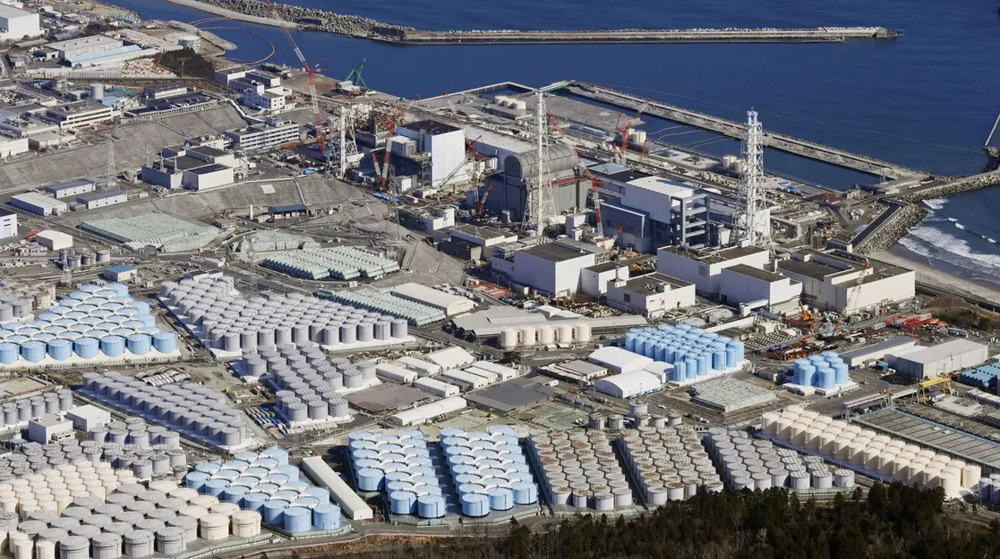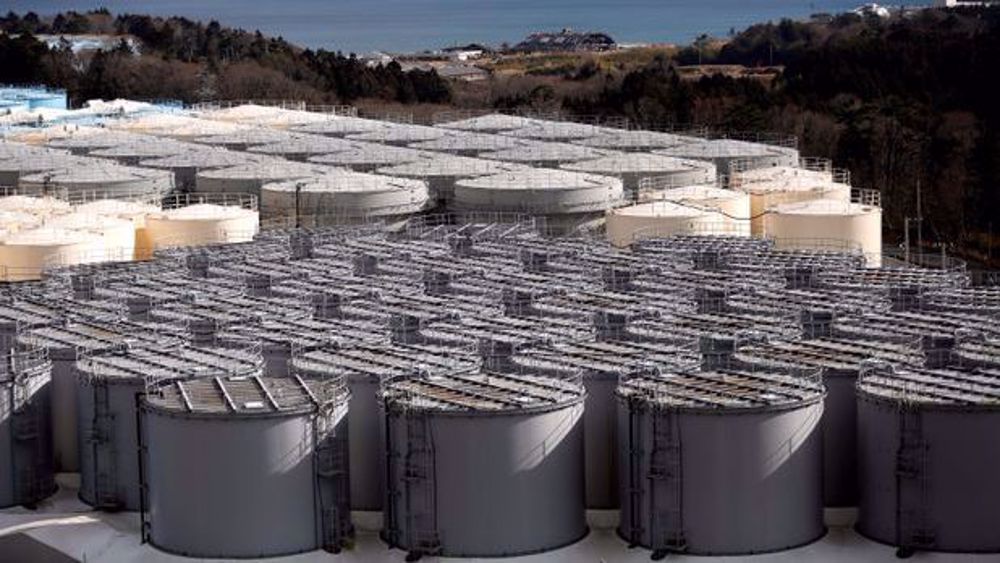Fukushima fish found with 180 times legal limit of
Printed From: Politicalespionage
Category: Politics
Forum Name: WORLD
Forum Description: world wide news
URL: http://www.Politicalespionage.com/forum_posts.asp?TID=1119
Printed Date: 16 Feb 2026 at 2:35am
Software Version: Web Wiz Forums 12.04 - http://www.webwizforums.com
Topic: Fukushima fish found with 180 times legal limit of
Posted By: reaper
Subject: Fukushima fish found with 180 times legal limit of
Date Posted: 24 Jul 2023 at 1:38pm
Fukushima fish found with 180 times legal limit of radioactive cesium https://www.presstv.ir/" rel="nofollow - News / https://www.presstv.ir/Section/10406" rel="nofollow - More Fukushima fish found with 180 times legal limit of radioactive cesium A Japanese electric utility holding company, which operated the crippled Fukushima Daiichi nuclear power plant, says a fish caught near the disaster-hit site in May contained levels of radioactive cesium that are 180 times Japan’s safety limit. Tokyo Electric Power Company Holdings Inc (Tepco) said on Monday that black rockfish living near drainage outlets at the nuclear plant which was caught on May 18 had 18,000 becquerels per kilogram of cesium-137, compared with the legal maximum level of 100 becquerels per kilogram.
It said rainwater from the areas around reactors one, two and three, which melted down during the 2011 disaster, flows into the inner breakwater where the rockfish was caught in May. https://www.presstv.ir/Detail/2023/07/07/706605/Japan-radioactive-Fukushima-Tokyo-Electric-Power-company-" rel="nofollow"> https://www.presstv.ir/Detail/2023/07/07/706605/Japan-radioactive-Fukushima-Tokyo-Electric-Power-company-" rel="nofollow - Japan  https://www.presstv.ir/Detail/2023/07/07/706605/Japan-radioactive-Fukushima-Tokyo-Electric-Power-company-" rel="nofollow - Japan nuclear regulator approves Fukushima radioactive water release According to Tepco, cesium concentration in the sediment from the seabed in the inner breakwater measures more than 100,000 becquerels per kg. “Since contaminated water flowed into the Fukushima Daiichi nuclear power station port immediately after the accident, Tepco has periodically removed fish from inside the port since 2012 using fishnets that have been installed to prevent the fish from escaping the port,” the company said. Regular monitoring of fish from the inner breakwater had been suspended after nets were installed in January 2016 to keep potentially contaminated fish inside the area. However, Tepco said, “when a black rockfish with radioactive concentrations that exceed regulatory standards was caught off the coast of Soma [about 50km north of the plant] in January 2022, we began sampling again within this area in conjunction with the installation of more nets to prevent fish from leaving the port.” The company further reiterated that it is confident “the impact on the public and environment will be minuscule” amid growing concerns around the water discharge. The Fukushima Daiichi nuclear power plant suffered multiple nuclear meltdowns after a 2011 earthquake and tsunami. The Japanese government has decided to release some 1.3 million cubic meters contaminated water from the destroyed plant into the sea next month.
However, the decision has sparked concerns among neighboring countries in the region. Hong Kong has threatened to ban food imports from 10 Japanese prefectures if the water release goes ahead as planned. China, the largest purchaser of Japan's seafood exports, has already said it will continuously strengthen the detection and monitoring of radioactive materials to ensure the safety of food imported from Japan in a food ban from 10 prefectures. https://www.presstv.ir/Detail/2020/10/16/636516/Japan-Fukushima-nuclear-disaster-contaminated-water" rel="nofollow"> https://www.presstv.ir/Detail/2020/10/16/636516/Japan-Fukushima-nuclear-disaster-contaminated-water" rel="nofollow - Japan plans to release contaminated water from the destroyed Fukushima nuclear plant into the sea nearly a decade after the disaster, media reports say.  https://www.presstv.ir/Detail/2020/10/16/636516/Japan-Fukushima-nuclear-disaster-contaminated-water" rel="nofollow - Japan to release Fukushima contaminated water into sea: Reports Beijing said the move was to prevent the export of radioactively contaminated Japanese food to China and protect the food safety of Chinese consumers' imports. South Korea has already stepped up radiation tests of food imports from Japan as well. Shipments of black rockfish caught off Fukushima prefecture were suspended in February 2022 after the radiation was detected and have yet to resume. The high radioactivity levels found in the tested specimen led authorities to believe it had escaped from the nuclear plant’s port. All species of seafood from the area |
Replies:
Posted By: Guests
Date Posted: 24 Jul 2023 at 2:23pm
| That's cool |